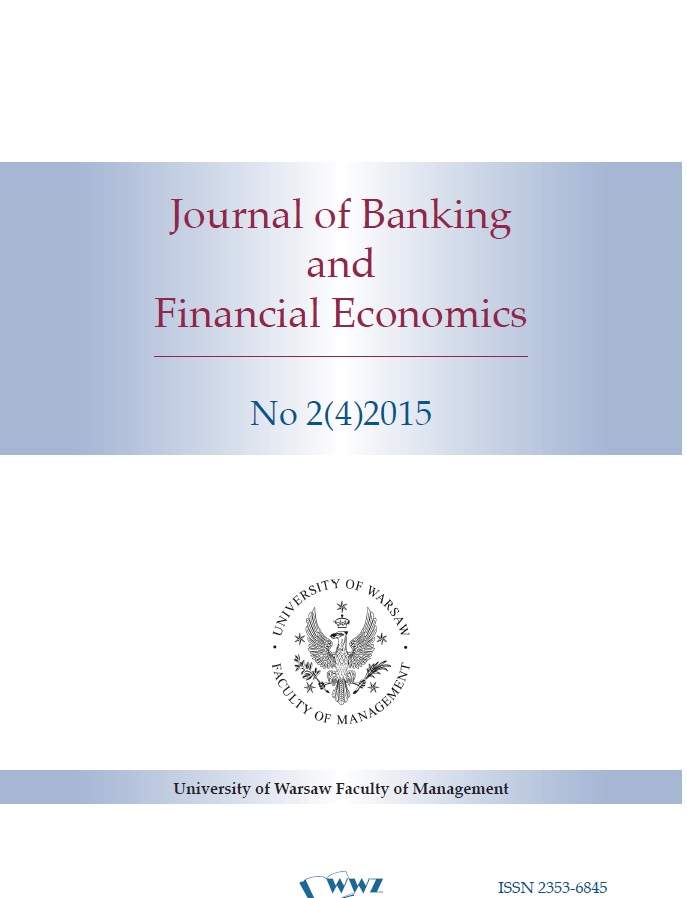The Day After Tomorrow: Designing an Optimal Fiscal Strategy for Libya
The Day After Tomorrow: Designing an Optimal Fiscal Strategy for Libya
Author(s): Carlos Caceres, Serhan Cevik, Ricardo Fenochietto, Borja GraciaSubject(s): Social Sciences, National Economy, Financial Markets
Published by: Wydawnictwo Naukowe Wydziału Zarządzania Uniwersytetu Warszawskiego
Keywords: Fiscal policy; fiscal sustainability; fiscal rules; natural resources; public financial management
Summary/Abstract: Libya is highly dependent on exhaustible and volatile hydrocarbon resources, which constitute the bulk of government revenues. Although resource wealth provides the means to promote socio-economic development, procyclical fiscal policies threaten macroeconomic stability as well as fiscal sustainability and intergenerational equity. This paper provides an assessment of the cyclically adjusted fiscal stance, analyzes fiscal sustainability according the permanent incomeframework, and simulates various fiscal policy rules with the objective of developing a rulebased fiscal strategy that would delink the economy from oil price fluctuations, improve the management of resource wealth, and safeguard macroeconomic stability. The empirical results suggest that an “enhanced” structural fiscal balance rule would provide the strongest anchor for policymaking, accommodating for output and/or commodity price shocks, though at the cost of relative complexity.
Journal: Journal of Banking and Financial Economics
- Issue Year: 4/2015
- Issue No: 2
- Page Range: 32-50
- Page Count: 19
- Language: English

